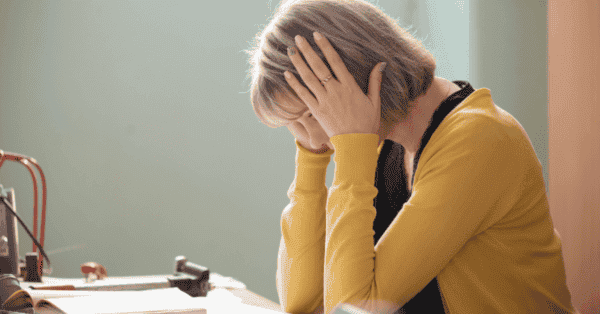Teachers have rights too!
There has been a spate of stories recently about school teachers being targeted online and being made the subject of horrible comments. Some of these are racist, some are homophobic or sexist, others are just plain inventions that portray the teacher in a very poor professional light.
It’s a form of bullying, it’s illegal and in the case of a school in the Midlands, it seems the police may even be getting involved.
Bullying teachers is no more acceptable than bullying anyone else. However, the problem is, in the days of the internet, the way in which it seems some teachers are being targeted online is having consequences far beyond anything the bullies could have imagined or intended.
If messages start appearing in which it is suggested a named or identifiable teacher is having sex with one of their 15-year-old pupils or they beat pupils when nobody is looking, a Head Teacher or the police cannot ignore it. There will have to be an enquiry, particularly if the messages are sustained over a period of time. The teacher may have to be suspended pending the outcome of the enquiry. A “no smoke without fire” rumour mill can get going that might be impossible to stop or put in reverse and that, in turn, could make it impossible for the teacher to carry on working at that school.
Teachers have been known to have nervous breakdowns as a result and ultimately had to quit the profession altogether, maybe jeopardising their ability to pay their mortgage or provide for their families and making them extremely unhappy.
TikTok seems to be being used for a lot of for this type of bullying and the company is getting energetically engaged in trying to stamp it out. Parents too have a role to play. It is incredibly important that children understand the potentially serious consequences of targeting teachers publicly in this way. If they have a concern about a particular teacher, there are other routes to address it, for example they could talk to you first! It will rarely if ever be right go online first.


